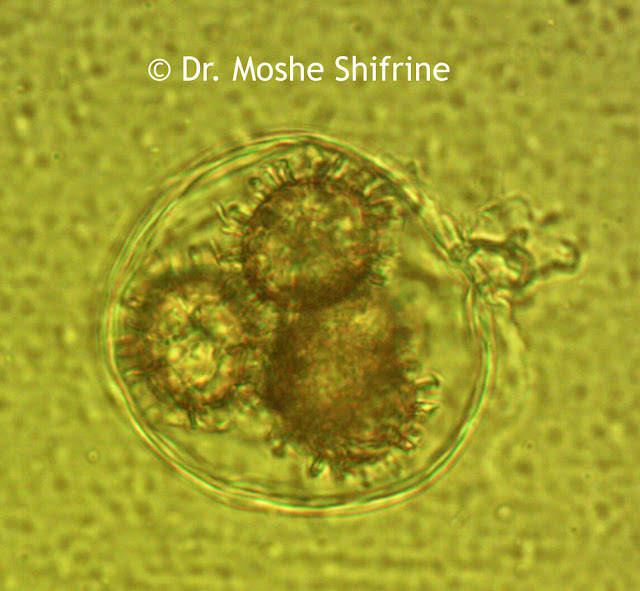Bacteria, fungi and other microscopic organisms that live in soil, air and water are responsible for turning once-living plants and animals into nutrients that can be used again. Decomposition may seem gross when you find bread molding in the fridge, but it is actually a fundamental process on which all life depends! Fungi are able to produce special enzymes that allow them to break down dead plants and animals and use them as food.
Growth of bacteria and fungi can occur at an amazingly fast rate. In four hours one bacterium can grow to a colony of over 5,000. In just one teaspoon of soil there are more bacteria and fungi than the number of people on earth!
This kids science project involves growing fungus on bread, observing it as it grows, and then viewing the bacteria under a dissecting microscope (low magnification microscope).
Items required:
Each day remove the petri dish from the bag and observe any mold growth under the microscope. Write down your findings and draw or capture images. Are the colonies of bacteria or fungi different sizes and colors? Is one bread petri dish growing faster than another?
Growth of bacteria and fungi can occur at an amazingly fast rate. In four hours one bacterium can grow to a colony of over 5,000. In just one teaspoon of soil there are more bacteria and fungi than the number of people on earth!
This kids science project involves growing fungus on bread, observing it as it grows, and then viewing the bacteria under a dissecting microscope (low magnification microscope).
Items required:
- 3 Petri Dishes
- 3 Ziplock bags
- 3 Slices of bread
- Two different types of soil (from different areas or gardens)
- Stereo Microscope
Each day remove the petri dish from the bag and observe any mold growth under the microscope. Write down your findings and draw or capture images. Are the colonies of bacteria or fungi different sizes and colors? Is one bread petri dish growing faster than another?
 |
| Funghi spores under the microscope. |
Definitions for students writing science reports on this experiment:
Bacteria - a widely distributed group of typically one-celled microorganisms, some of which produce disease. Many are active in processes of fermentation, which is the conversion of dead organic matter into soluble food for plants.
Decomposition - organic decay.
Decomposers - organisms which break materials down into parts and cause them to rot.
Enzymes - any of a number of proteins or conjugated proteins produced by living organisms and functioning as biochemical catalysts.
Fungus - any of a number of plants lacking in chlorophyll, including yeasts, molds and mushrooms.